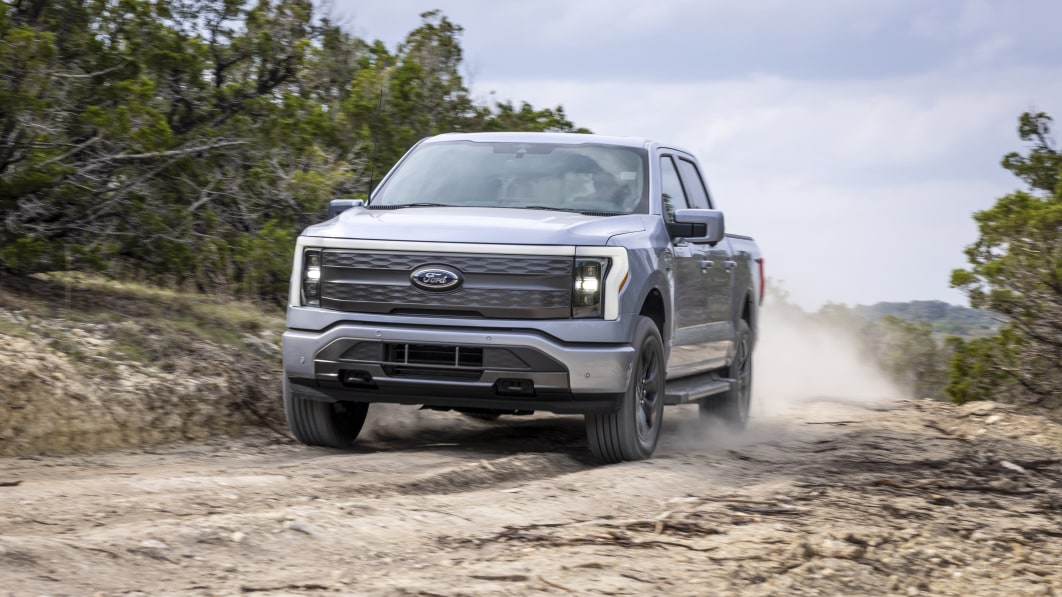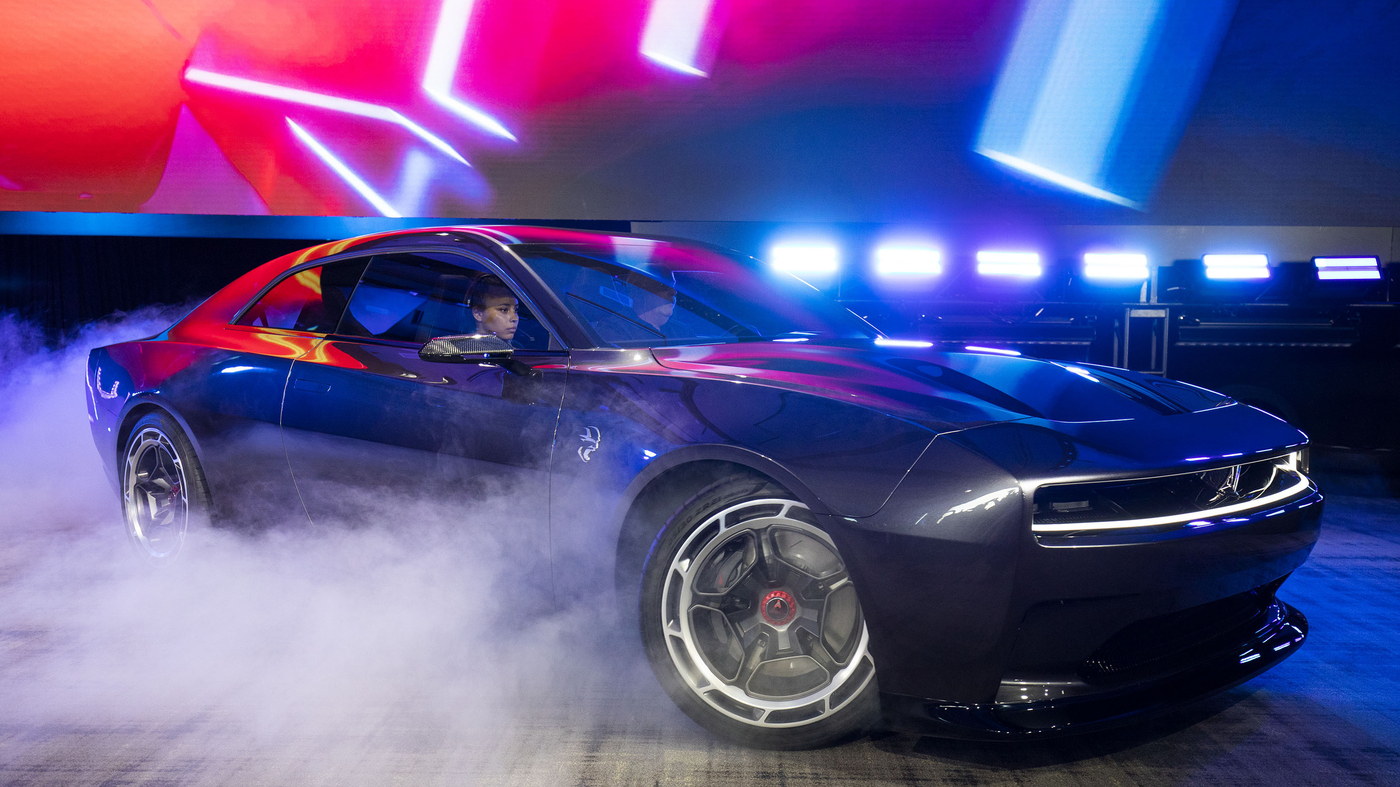scrambler
Well-Known Member
- Region
- USA
- City
- Bay Area, CA
Meanwhile, this weekend many eastern states' residents were asked to not recharge their EVs because it could push the grid into rolling blackouts. "Not that scary," right...
I know you think you are making some sort of argument, but it is a pretty irrelevant one.
There is an electricity shortage so they ask people to preserve electricity, so what?
That applies to any electrical consumption, not just EVs. In Europe they asked people to reduce their heating habits, they asked some businesses to close certain hours etc.... It does not make heating bad, or these company a problem....
If tomorrow there is a shortage of Oil, they will ask you to limit your ICE car usage, that does not make ICE cars a problem ....


